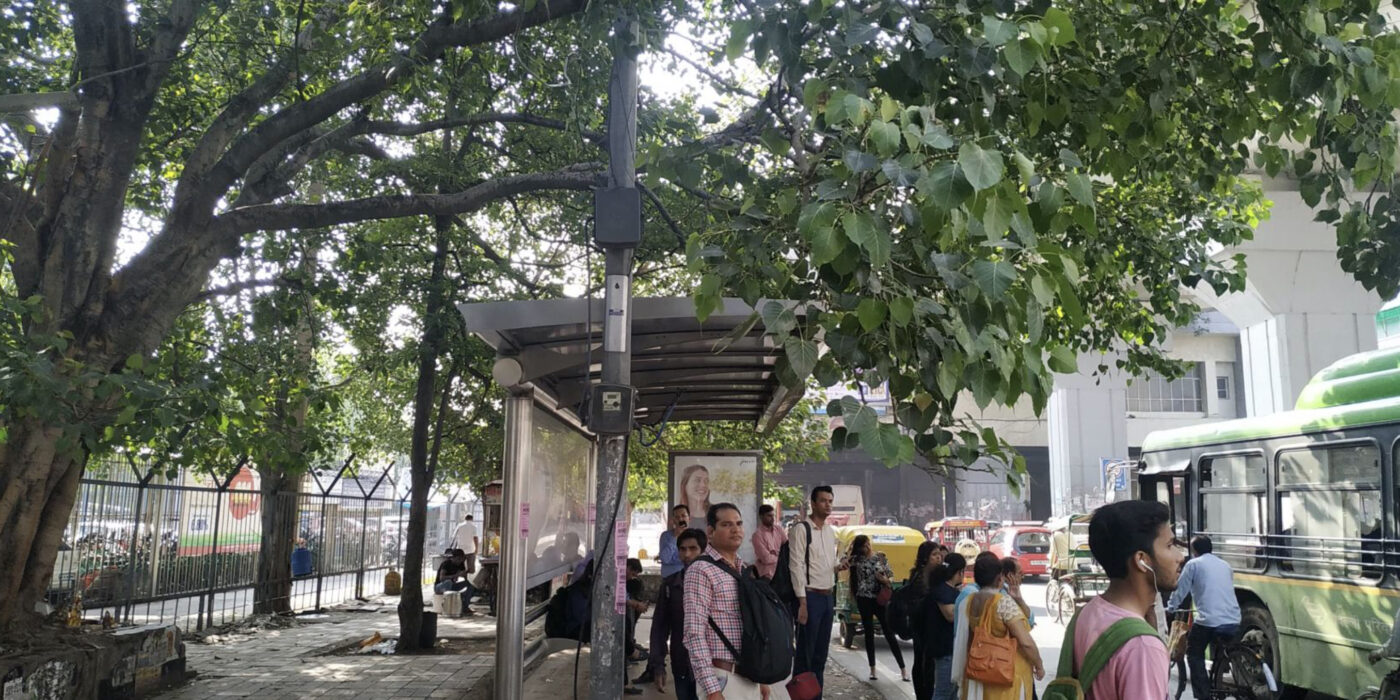
Objective
The study provided evidence, insights and fast track knowledge uptake to understand the COVID-19 impact on the mobility of resource-poor women.
Potential impact
Catalysis for gender-responsive mobility responses in India post-COVID-19
COVID-19 Challenge
COVID-19 has disproportionately affected workers in the informal economy, which employs 92% and 84% of women in lower and lower middle-income countries, respectively. Cities in India and in low-income countries in South Asia have resumed public transport by curtailing services, lowing occupancy, increasing fares and digital ticketing.
Yet, decision-makers and policy influencers are little aware of COVID-19 impacts and specifically of modified bus operations on women’s mobility and how to adopt gender-responsive public and paratransit measures.
Approach
Building on the state-of-the-art knowledge on transport and social disadvantage, quantitative and qualitative research was carried out to gain insights into women and transport. The following data were collected in Delhi in December 2020:
822 telephone surveys with resource-poor women using buses and paratransit, and 400 online surveys with women to understand the links between mobility and livelihoods, and 13 in-depth interviews;
Face-to-face interviews with 30 male paratransit operators to understand the impact on their operations pre-and post-COVID-19.
Focus group discussion were conducted with feminist networks and unions, and interviews with transport practitioners, policy influencers and decision-makers. The recommendations were reviewed by an international advisory group. The study findings and recommendations have been submitted to the Dialogue and Development Commission of Delhi and two online panel discussions have been held on planning gender equitable public and paratransit in Delhi and in low-income countries in South Asia.
Outcome
The study has increased awareness of feminist networks and collectives, decision-makers and transport policy influencers in Delhi and low-incomes countries in South Asia on developing gender-responsive public and paratransit post-COVID-19.
